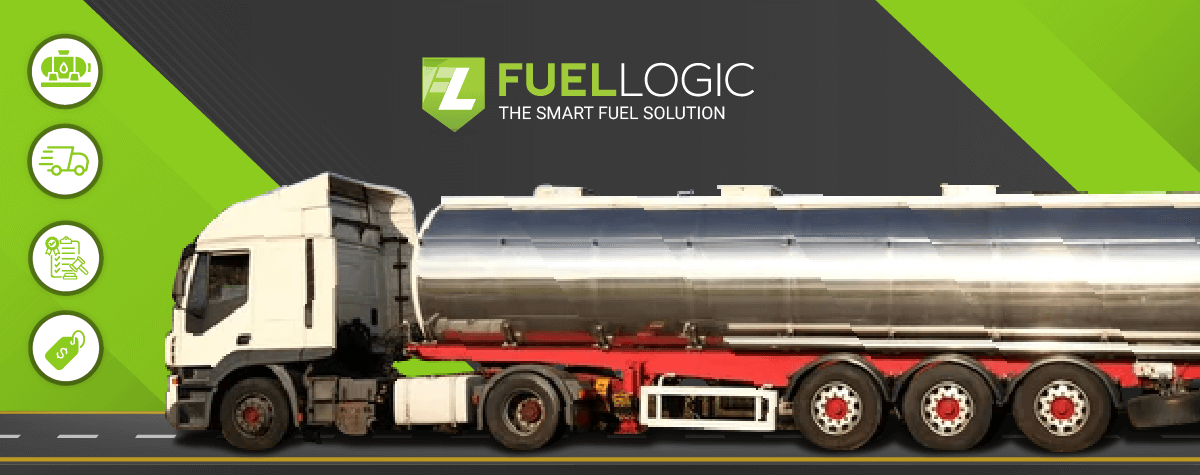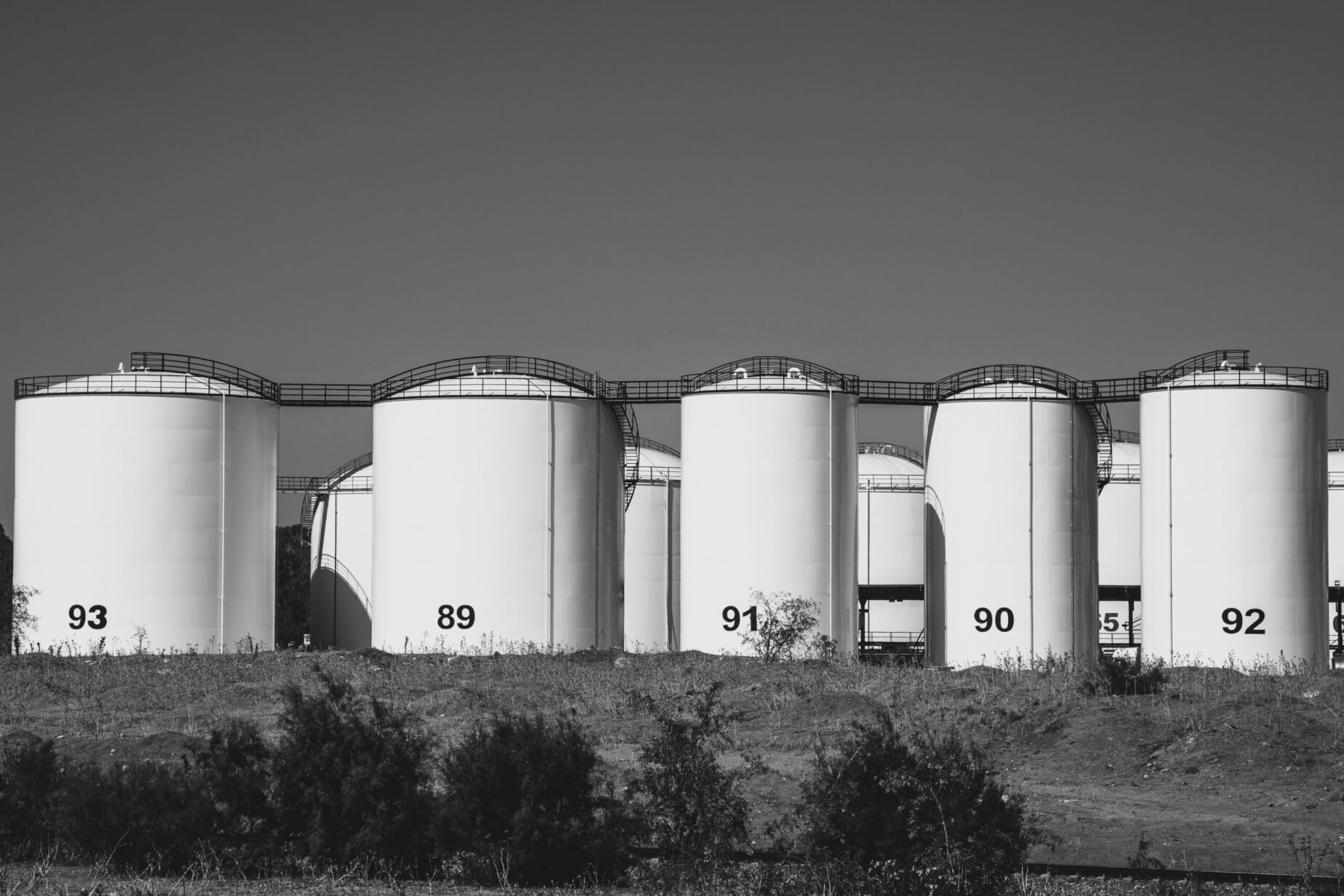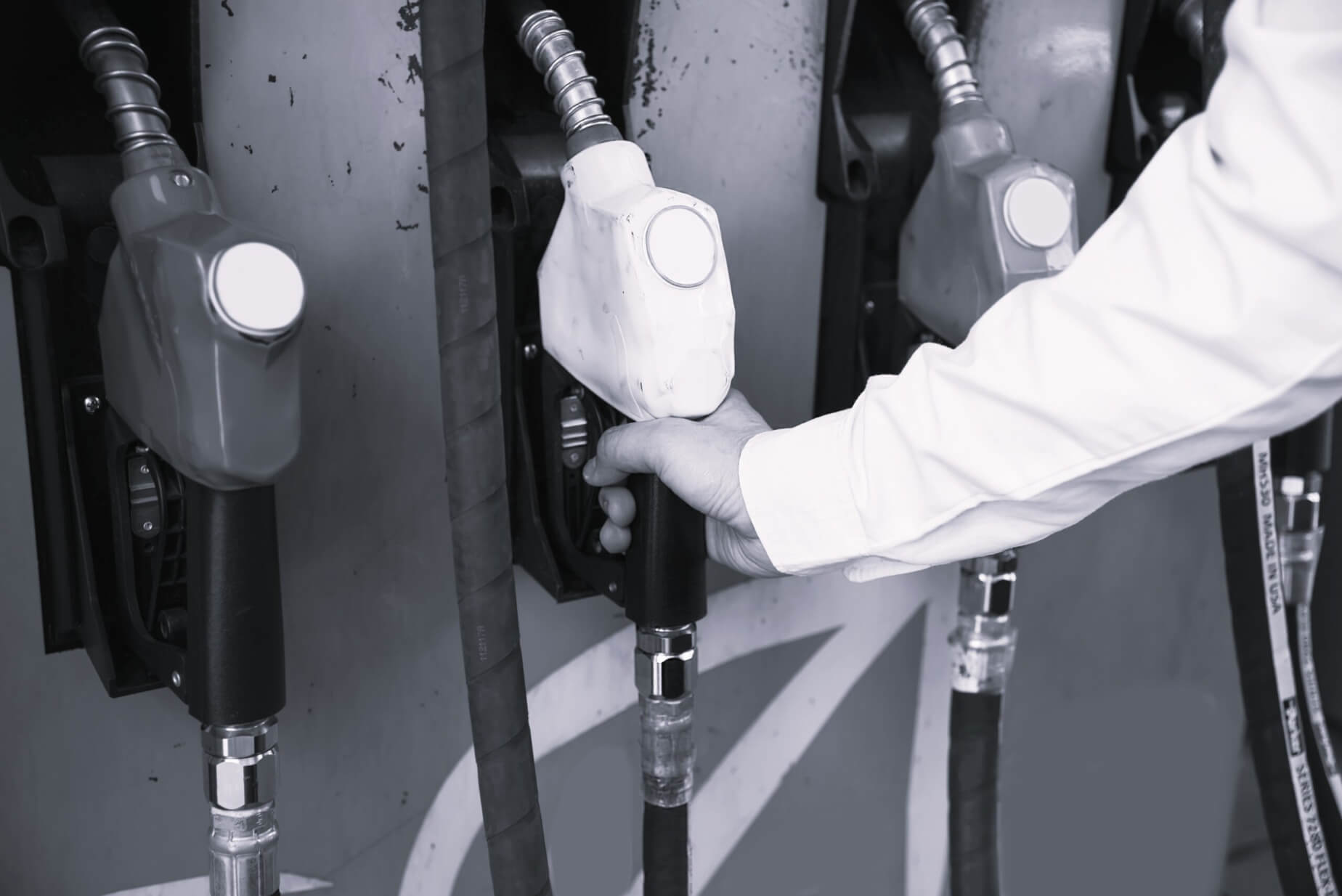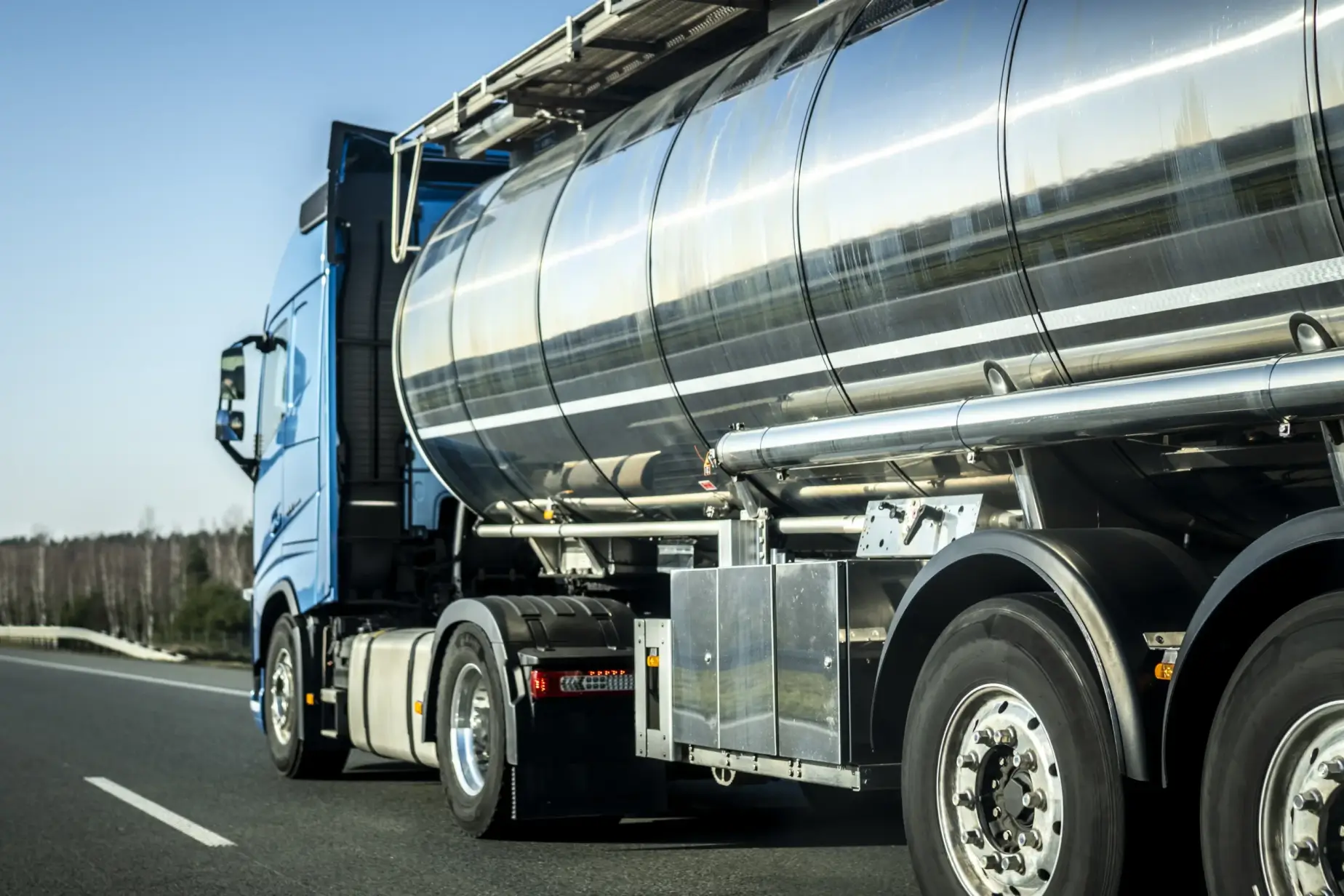Reefer Fuel Tank: What You Need To Know Before Buying One
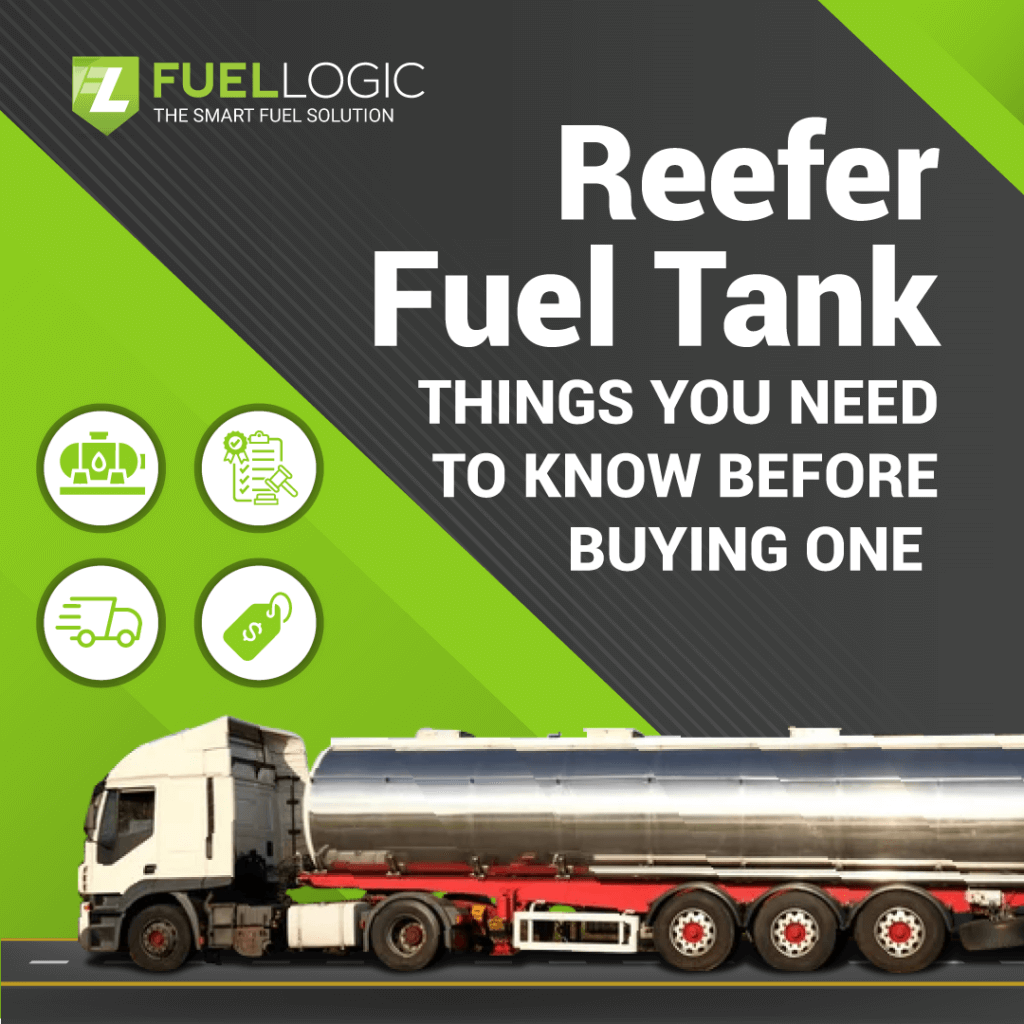
Reefer fuel tanks and refrigerated trailers are essential components in the dynamic field of commodities transportation and preservation because they ensure that perishable goods are safe.
Thanks to these specialized vehicles, temperature-sensitive goods, including chemicals, medications, and food supplies, can now be safely transported over long distances.
Reefer fuel tanks are crucial parts of refrigerated trailers because they supply the energy needed to keep the cargo area at the proper temperature. Anyone working in shipping or logistics has to be familiar with the complexities of this critical equipment.
However, making an informed decision guarantees the smooth and effective transportation of perishable items, preserving their integrity and quality. In this article, we’ll go over everything you should know before buying a reefer fuel tank.
What Is A Reefer Fuel Tank?
A reefer fuel tank is a container that holds diesel fuel for a refrigerated trailer’s refrigeration system. The trailer’s refrigeration system maintains the food’s safe temperature. Usually constructed of steel or aluminum, Reefer Fuel Tanks are attached to the trailer’s side or frame. The low temperatures necessary for the contents to stay in a liquid state—often below -163 degrees Celsius (-261.4 degrees Fahrenheit)—are maintained by these tanks’ extensive insulation.
Industrial Usage And Applications
The industries that depend on temperature control are the primary users of reefer fuel tanks. Typical applications and uses include the following:
Chemical Sector:
Different compounds are sensitive to temperature variations during storage and transportation. Reefer Fuel Tanks allow for the safe transporting of chemicals without sacrificing their chemical composition.
Food And Beverage Sector:
Perishable commodities like fruits, vegetables, dairy products, meat, fresh produce, and frozen foods are transported in Reefer Tanks. Frozen delicacies must be kept at the proper temperature to avoid spoiling and preserve freshness.
Pharmaceutical Sector:
Accurate temperature control is frequently necessary for pharmaceuticals, vaccinations, and other medical supplies—reefer fuel tanks aid in the controlled transportation of these delicate goods, maintaining their effectiveness.
Functions And Importance
Reefer Fuel Tanks are essential for several factors.
Temperature Management:
They offer a regulated setting that guarantees goods are moved and kept at the proper temperatures to maintain quality and safety.
Reefer fuel tanks have thick insulation to reduce heat transfer. This insulation prevents energy waste and helps keep the tank’s interior temperature low.
Observance:
Many sectors, particularly the food and pharmaceutical industries, have strict requirements for the storage and transportation of their products. Reefer tanks help businesses adhere to these standards.
Economic Efficiency:
A reefer fuel tank saves commodities from spoiling or damaging fragile items, saving businesses money by minimizing waste.
How Much Fuel Does A Reefer Fuel Tank Hold?
A reefer fuel tank capacity varies based on its size and manufacturer. The majority of Reefer Tanks, however, have a 50–100 gallon fuel capacity. Depending on the outside temperature and the cargo’s required temperature, this fuel will run the refrigeration unit for a few days. Reefer units typically require 0.4 to 1.1 gallons of fuel each hour. Accordingly, a 50-gallon tank has a 25–50 hour range or around 2-4 days range.

The manufacturers’ Reefer Fuel Tank capacities:
- Carrier Transicold: 30 – 50 gallons
- Thermo King: 50 gallons
- Weather Guard: 100 gallons
How Long Can A Reefer Trailer Run On A Tank Of Fuel?
Reefer trailer fuel tank efficiency varies greatly depending on the size, weight, insulation, and type of refrigeration unit the trailer uses for transporting items sensitive to temperature. A fully charged fuel tank allows a reefer trailer to operate for roughly 7 to 8 hours on average. But newer models with energy-saving features and technological breakthroughs have improved fuel efficiency, enabling some trailers to run for extended periods.
How Much Does Reefer Fuel Cost?
Reefer fuel, also known as refrigerated trailer fuel, can have significantly different prices depending on several variables, such as the region, the season, the state of the fuel market, and the fuel type. However, in general, it costs less than diesel fuel for vehicles. The average cost of reefer fuel nationwide as of October 2023 is $2.18 to $2.81 per gallon.
The following variables may impact reefer fuel tank prices:
- Location: The cost of Reefer Fuel varies significantly across states.
- Season: Summertime brings more demand. Thus, prices for Reefer Fuel tend to be higher.
- Fuel supply: The cost of Reefer Fuel may vary depending on the supplier.
Factors You Need To Consider Before Buying A Reefer Fuel Tank
For reliable and effective transportation of perishable goods, it is essential to take into account a variety of aspects while buying a reefer fuel tank. Capacity, efficacy, durability, and safety features are the only factors that guarantee top performance, economic viability, and legal compliance. Making an informed decision ensures that refrigerated trailers run smoothly, protecting the integrity of the cargo and lowering operational hazards. The following are essential things to think about before buying:
1. Size And Capacity
Looking at a reefer truck and wondering, how much fuel does this tank hold? Along with the equipment, gasoline consumption, and filling frequency, the tank’s size and capacity are critical factors. A table detailing different reefer fuel tank sizes, capacities, and recommended equipment uses can be found below:
| Tank size | Capacity (Gallons) | Best Equipment |
| 500 Gallons | 500 | Small refrigeration units |
| 1000 Gallons | 1000 | Medium-sized refrigeration units |
| 1500 Gallons | 1500 | Large refrigeration units |
| 2000 Gallons | 2000 | Industrial refrigeration systems |
Make sure your fuel supply satisfies your unique business needs by carefully weighing these facts before deciding.
2. Transportability
Is This Tank Easy To Transport From One Place To Another?
Buying a reefer fuel tank should always prioritize transportability, especially if it moves around a lot. One important factor affecting a tank’s portability is its weight. The tank’s weight should ideally match the specifications of the reefer trailer vehicle to guarantee secure and effective transportation, especially while traveling at certain speeds. It is essential to take these aspects into account for smooth mobility and efficient operations.
For a specific type of reefer trailer vehicle operating at a particular speed, the following chart displays the optimal weight of a reefer fuel tank:
| Type of Reefer Trailer Truck | Speed | Ideal Weight Of Reefer Fuel Tank |
| Dry van | 65 mph | 500 gallons |
| Refrigerated trailer | 65 mph | 600 gallons |
| Freezer trailer | 65 mph | 700 gallons |
3. Compliance With Regulations
Does this tank meet local and federal regulations?
When buying a tank, compliance with state and federal regulations is essential. There may be severe fines, legal repercussions, and reputational harm for non-compliance. Adhering to regulations is crucial for moral and legal company operations, protecting not only the owner’s interests but also the environment and community.
Reefer carriers must be well-versed in the Sanitary Transportation Route outlined in the Food Safety Modernization Act (FSMA).
Following are a few federal agencies that deal with reefer fuel tanks:
- The emissions from reefer fuel tanks are governed by the Environmental Protection Agency (EPA).
- Reefer fuel tank transportation is governed by the Department of Transportation (DOT), the Federal Motor Carrier Safety Administration (FMCSA), and the National Highway Safety Administration (NHTSA).
- The Occupational Safety and Health Administration is in charge of overseeing reefer fuel tank safety in the workplace.
4. Pricing
It is imperative to ask yourself, “Is the price of this tank economical?” before making a reefer fuel tank purchase. To maintain profitability, organizations must also account for long-term costs such as fuel economy, maintenance, and operating costs. Because prices for reefer fuel tanks vary significantly on the market—they can range from $500 to $3,000—making informed choices essential for operations that are both sustainable and economical.
- $500–$1,000 for small tanks (less than 100 gallons)
- $1,000–$2,000 for medium-sized tanks (100–200 gallons)
- $2,000–$3,000 Large tanks (more than 200 gallons)
Where Can I Get Reefer Fuel?
Are you searching for a trustworthy supplier of reefer fuel? To keep your business operating efficiently, Fuel Logic provides excellent reefer fuel delivery services. If you need Reefer Fuel, Fuel Logic is your one-stop store. With our specialized solutions, we effectively meet the needs of refrigerated trailer fuel. Explore our offerings by checking out our home page.
Due to our Reefer fuel delivery service, which is available 24/7/365, you can always obtain the fuel you need when you need it. For Reefer fuel delivery orders, place your order straight through order fuel. Together, we will choose a time for delivery that works best for you.
Do you need help or have questions? Use the Contact Us page to send us a note. Fuel Logic is your reliable traveling companion; learn about hassle-free fueling solutions.
FAQs
What is the typical capacity of a reefer fuel tank?
The typical reefer fuel tank capacity varies, but common sizes include 60 gallon and 100 gallon options, allowing for different fuel management strategies depending on the needs of your refrigerated truck fleet.
How can I monitor the fuel level in my reefer fuel tank?
You can monitor the fuel level using a fuel gauge, which provides real-time information on the fuel tank’s capacity, or by installing an aftermarket electric monitoring system for more advanced tracking.
What are the benefits of high-quality aluminium diesel fuel tanks?
High-quality aluminium diesel fuel tanks are robust, resistant to corrosion, and lightweight, making them ideal for refrigerated trucks. They also often come with a warranty that covers workmanship and defects.
What should I consider when installing a reefer fuel tank?
When installing a reefer fuel tank, consider the design, size (such as a fuel tank 22 with a specific diameter), and the installation requirements to ensure proper fit and function in your truck.
What is the importance of selecting the right diameter for a fuel tank?
The diameter of a fuel tank is important because it affects the tank’s capacity and the vehicle’s overall design. A well-matched diameter ensures optimal space utilization and fuel management.
Can a driver operate multiple reefer units with one fuel tank?
Yes, a driver can operate multiple reefer units with one fuel tank, especially if using a high-capacity option like a 100 gallon tank, but it is essential to manage fuel levels carefully to avoid running out during trips.

